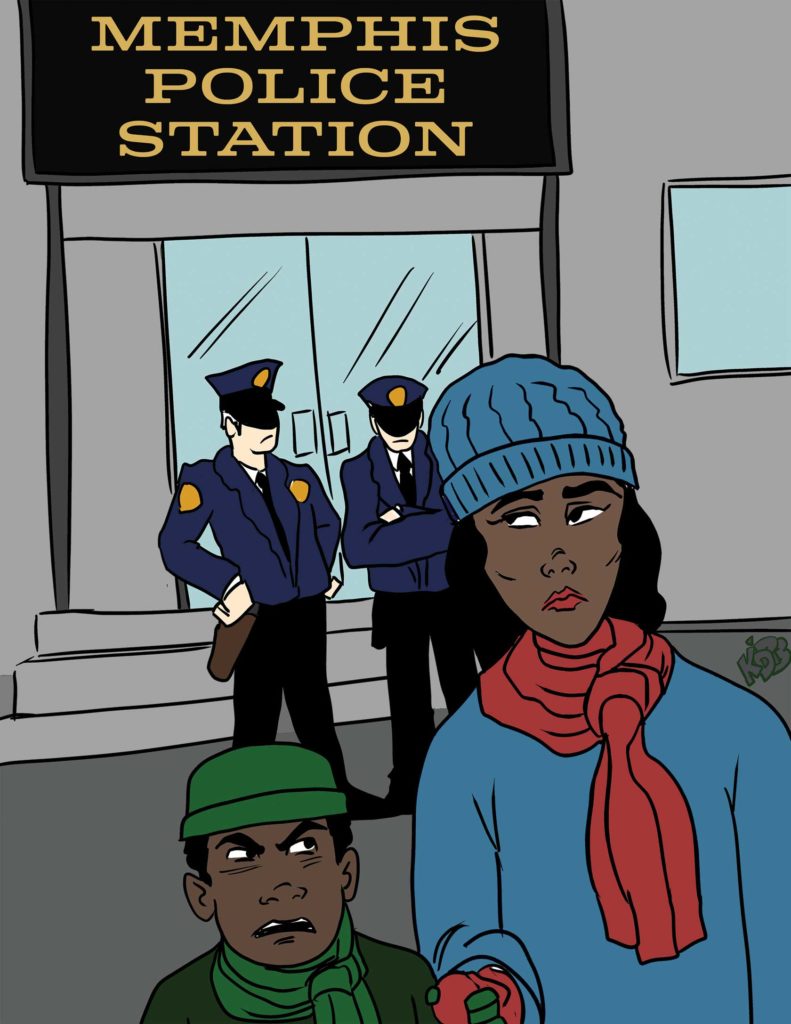
When George Floyd was so brutally and brazenly executed by the police, many Americans became concerned about illicit police violence for the first time. While many were aware that the police were often violent, people thought that was the necessary conduct to protect law-abiding people from society’s criminals. Many Americans with racist attitudes often assumed that the majority of the nation’s malefactors would likely be Black.
Even so, the open murder of George Floyd on the street in Minneapolis was offensive even to people who supported capital punishment as an appropriate sentence for violent criminals. But death for attempting to pass a $20 counterfeit bill seemed to be excessive, even for those who were not especially sympathetic to Blacks. Civil rights activists understood that this was a perfect time to campaign for Blacks’ rights, and the “Black Lives Matter” campaign took off.
It soon became apparent that Blacks were not the only victims of unjustified police shooting deaths. In fact, the record maintained by the Washington Post indicated that twice as many whites as Blacks were shot and killed by the police. That meant that the problem was more than the assassination of Blacks by the police. When informed of this statistic, the response from liberals was that the police violence against Blacks is disproportionate. Any talk of police shooting whites would vitiate the impact of “Black Lives Matters.” Thus, the issue magically becomes mollifying the disproportion rather than changing the culture of the police.
Unfortunately, Tyre Nichols, a young harmless Black man in Memphis, Tennessee, had to lose his life to five Black police officers to establish for everyone to understand that the police culture in America is flawed for everyone, regardless of the race of the police or the victims.
When considering police reform, the standard often referred to is the British constabulary. Police officers at Scotland Yard rarely carry a gun, and shooting deaths of citizens are negligible. Furthermore, constables see themselves as significant public servants who are eager to respond to the needs of the citizenry.
That might be the attitude of the American police in affluent suburbs where the residents will not tolerate unprofessional police behavior. Such places are the home of “Officer Friendly.” Police behave differently in low-income urban areas. First of all, it’s necessary for the police to establish that they are tougher than the neighborhood miscreants. And very often, the urban social disorganization provides opportunities for the police to expand their income even though they have to violate some laws in order to do so.
Unfortunately, many working-class urban residents know about the illicit police activities, but they are also aware of the difficulties they might experience if they blew the whistle. How could they plan to call the police to report illegal police activities? Blacks have known in some places that the police are the area’s largest criminal organization.
The federal government has tried to change the nation’s police culture by having the Justice Department establish consent decrees with offending police departments to reform after constitutional violations. Conservatives opposed this practice and it fell into disfavor during the Trump administration. Now different municipalities have established various programs that they hope will change the police culture.
However, change will come only if the police want it. In major cities, the police department is the strongest political unit. Police officers contribute financially to political candidates, and they campaign vigorously in election campaigns, even if not always openly. If the police turn against reform, its chances of success are dim.
Let’s hope that the Memphis disaster inspires a new standard of police performance.






